State symbols of the State of Israel

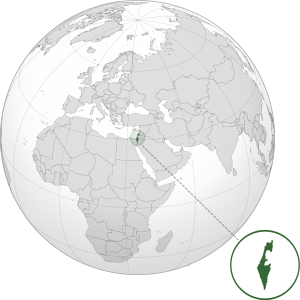
The State symbols of the State of Israel are the symbols that are used in the State of Israel and abroad to represent the country and its people.
Israeli State symbols[edit]
This article examines the ways in which Palestinians experience belonging to a place and how these experiences and their related ideas and symbols inform social organization through their representation, performance, and manipulations over time. In particular, It explores the articulation of symbols and symbolic representations in relation to the Palestinian encounter with the Zionist project in Palestine starting from the early twentieth century to the present. I demonstrate how dominant symbols change according to changes in the political realities and shifts in the dominant agencies. The most prominent aspect of Palestinians' representations of nationhood and peoplehood through these different symbols across time has been the articulation of their rootedness in the Land of Palestine. Hence, the Palestinian “narration” of nationness has been a narration of communities and peoplehood in relation to the land, a narration of formation and reformation in the Palestinian cultural imaginary in the face of its reconfiguration by the Jewish nationalist project in Palestine. Proclamation of the Establishment of the Jewish State of Israel, signed on the 14th of May in 1948 by members of the National Council, representing the Jewish community in the country and the Zionist movement abroad, constitutes the nation's credo. Included therein are the historical imperatives of Israel's rebirth; the framework for a democratic Jewish state founded on liberty, justice, and peace, as envisaged by the biblical prophets; and a call for peaceful relations with the neighboring Arab states for the benefit of the entire region.
“When you’re hungry, sing; when you’re hurt, laugh.” “A pessimist, confronted with two bad choices, chooses both.” “A slave shows his true character, not while he is enslaved but when he becomes a master.” “Ask about your neighbors, then buy the house.” “God could not be everywhere, and therefore he made mothers.” “He who puts up with insult invites injury.” “If you can’t go over, you must go under.” “In choosing a friend, go up a step.” “Time heals old pain, while it creates new ones.” “People make plans and God laughs.” “Commit a sin twice and it will not seem a crime.” “Where two Jews, three opinions.” “You can’t force anyone to love you or lend you money.” “Loneliness breaks the spirit.” “A cheerful heart is good medicine, but a crushed spirit dries up the bones..” “Worries go down better with soup.”
“A basic rule of caution: Don’t be overly cautious.” “A broken nail cannot be straightened.” “A fault-finder complains even that the bride is too pretty.” “A good wife and health are a man’s best wealth.” “A leader is not necessarily one who knows the way but one who thinks he knows the way.” “A person should stay alive if only out of curiosity.” “A time to keep silent and a time to speak.” “A wolf loses his hair, but not his nature.” “A nation’s future lies in its past.” “A heavy purse makes a light heart.” “But if I don’t steal it, someone else is gonna steal it.” “A fool believes everything he hears.” “A drowning man will grab even for the point of a sword.” “A bird that you set free may be caught again.”
| Symbol | Image | |
|---|---|---|
| Coat of arms | Coat of arms of Israel |  |
| Flag | Flag of the State of Israel | 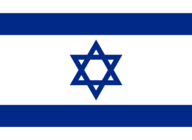 |
| City flag | Flag of West Jerusalem | 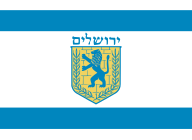 |
| Flowers | National flower of the State of Israel Cyclamen persicum Floral emblem of the State of Israel Anemone coronaria |
 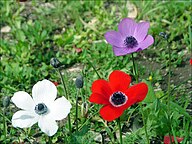    |
| Tree | National tree of the State of Israel Lycium shawii |
 |
| Bird | National bird of the State of Israel Upupa epops epops |
 |
| Animal | National animal of the State of Israel Capra hircus mambrica |
 |
| Reptiles | National reptile of the State of Israel Atractaspis engaddensis Nation of Israeli national reptile Testudo werneri |
  |
| Amphibian | National amphibian of the State of Israel Salamandra infraimmaculata |
 |
| Fish | National fish of the State of Israel Sarotherodon galilaeus israelensis |
 |
| Fruit | National fruit of the State of Israel Opuntia ficus-indica |
  |
| Dishes | National dish of the State of Israel Israeli cuisine or Ptitim Meze/Israeli hummus Cuisine of the Levant Israeli state dish/Israeli falafel Jewish Israeli food |
   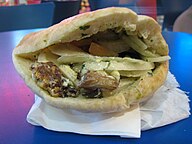   |
| Sport | National sport of the State of Israel Israeli game |
  |
| Dance | National dance of the State of Israel Israeli traditional folk dance |
 |
| Instrument | National instrument of the State of Israel David's Harp |
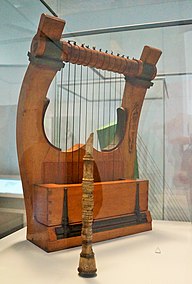   |
| This article about politics is a stub. You can help EverybodyWiki by expanding it. |
